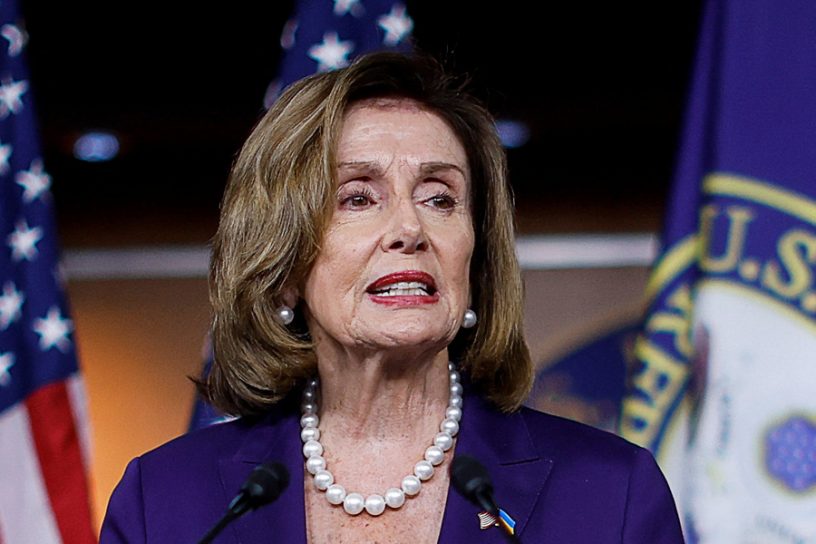
The Biden administration’s increased emphasis on rallying US allies and strategic partners in the Indo-Pacific under coalitions like Quad and AUKUS to counterbalance China has heightened concerns in Beijing about being encircled.
Author
Sreeram Chaulia, Professor and Dean, Jindal School of International Affairs (JSIA), O.P. Jindal Global University, Sonipat, Haryana.
Summary
The visit of United States (US) House speaker Nancy Pelosi to the self-ruled island of Taiwan — claimed by China — and Beijing’s unleashing of “resolute and strong countermeasures” for what it sees as grave provocations against its core interests have ushered in a dangerous phase of strategic instability.
With neither of the two rival great powers willing to blink, fears that “extreme competition” (US President Joe Biden’s characterisation of ties with China) will spill over into military clashes have become less theoretical than they seemed a while ago. The expectation that Washington and Beijing will compete hard but manage tensions below a certain threshold is still valid, but it is hanging by a thread.
Taiwan is not the only theatre of contention. The Biden administration’s increased emphasis on rallying US allies and strategic partners in the Indo-Pacific under coalitions like Quad and AUKUS to counterbalance China has heightened concerns in Beijing about being encircled.
When the US announced the AUKUS alliance with Australia and the United Kingdom in September 2021, China lashed out against a “US-led strategic siege of China” and warned any nation colluding with Washington that “China will certainly punish it with no mercy.”
The multilateral containment effort of China got another dimension in May 2022, when the US launched the Indo-Pacific Economic Framework (IPEF) to provide alternatives to China’s signature Belt and Road Initiative (BRI).
While the Biden administration has not deployed the same rhetorical attacks as the Donald Trump administration in ripping into China over human rights and predatory trade practices, the latter has persisted with the former’s labelling of China’s treatment of Uyghur minorities in Xinjiang as “genocide”, and also sustained the Trump-era trade tariffs on over $300 billion in imports from China.
Published in: Hindustan Times
To read the full article, please click here.


